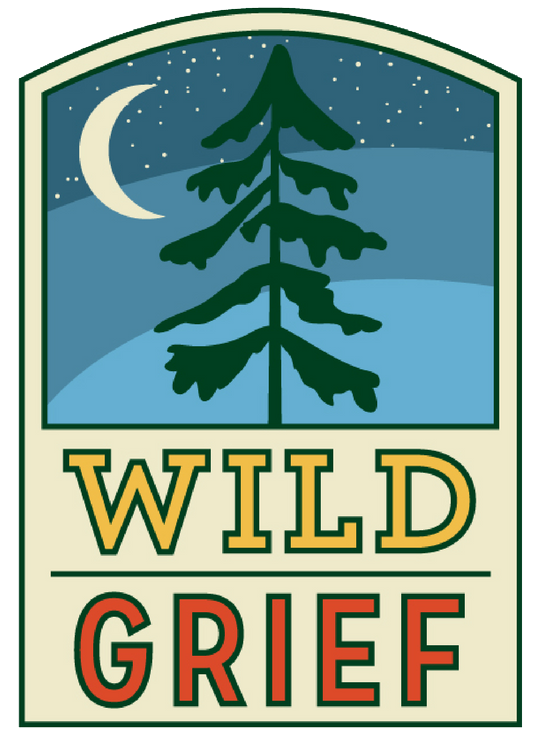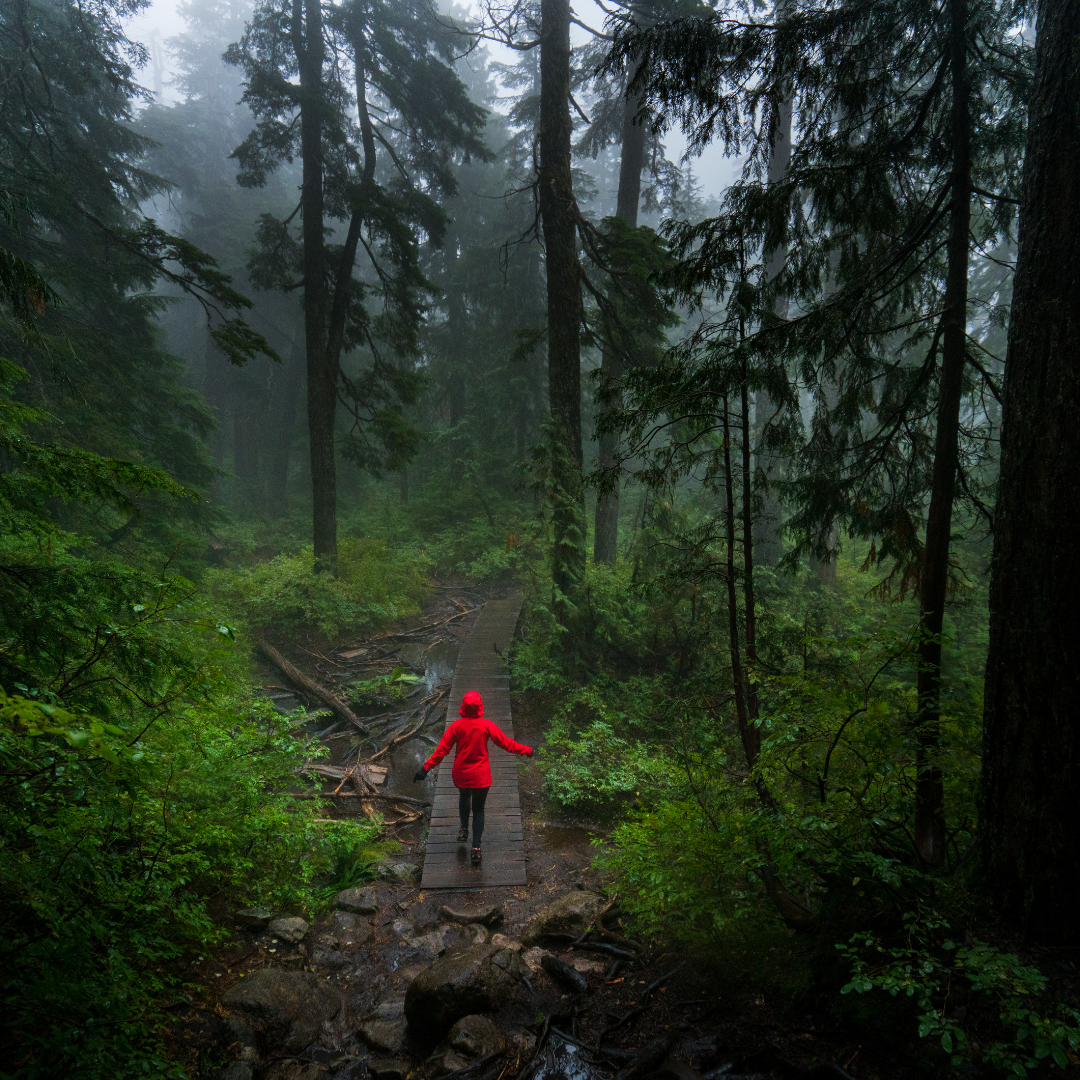This Is All About Grief – 4 Ways to deal.
Grief is our response to loss. Grief is all those feelings and thoughts that can be so painful. We are all living with loss right now. Due to the global pandemic, we are each facing a possible landslide of loss. Someone close to us may be sick or dying, or have recently died. Some of us may lose our job or other income. We may have lost the presence of others. Our lives have changed, suddenly, and for some of us we have lost a great deal in a short time. We have to deal with a lot.
All these losses make us grieve. You have likely heard of the stages of grief. It turns out those stages were originally described by Elizabeth Kubler-Ross from her observations of patients diagnosed and dealing with their own terminal illness. We all want a structure, perhaps, even instructions of what to do to deal with grief. However, it is unclear to us here at Wild Grief if this model of stages is helpful to us dealing with loss because when grieving, we often want to know what we can do, and the stages of grief seems to be a description of things that may or may not be happening to us in our own grief.
tools for the grief journey
We suggest that the real question is how to mourn – how to deal with the grief? We have found William Worden’s 4 tasks of mourning to be truly helpful. These are things you can do when you find yourself overwhelmed by feelings and thoughts. They are not a sequence so much as they are distinct actions you can take in any order to help you go through your grief.
We have simplified these tasks from the original Worden and present them as if someone has died, but know that these tasks are helpful for many kinds of loss besides death.
1) Accept the loss.
We can spend a long time doing our best to avoid grief by avoiding the reality of the loss. When we face the actual loss then we can begin to accept it. This can be hard to do. It is definitely hard to do all at once. A recent clip showed a person terrified of heights that was crawling, with great difficulty, to the edge of a cliff to peer over. That person could no more simply walk to the edge than they could flap their arms and fly. But they could crawl slowly to gaze into the openness of the canyon. We don’t have to run to the edge of acceptance. We may have to crawl to the edge for only a few moments at a time.
2) Feel the feelings
Sounds simple. We can get stuck in our grief if we stifle the feelings. When we’re crying or quietly raging, things feel out of control. It is helpful though to experience them. They are not limitless. This sting does subside if we go ahead and feel them. We can feel anger safely, perhaps alone, maybe yelling inside a car. Let these feelings come to the surface. And all the other feelings. There may be relief, regret, longing, bitterness, even moments of humor. There is a landscape of feelings. Feel them all. It is ok.
3) Make plans and adapt
With any great loss, our lives change suddenly and deeply. The family may change, interactions shift, money may be gone, we may have to move suddenly. We have to adapt to this and make plans. Fortunately, we can be really good at this. Fish swim, birds fly, humans adapt. It is our core competency. In planning, consider your life in 2 columns, one column is for things you can change, the other contains things you cannot. Stick with the things you can change. And it helps to make them doable, tangible, and time-bounded. To plan to “clean the house” is going to be tough, but to plan to “do the laundry or buy food for a week” are things you can get done. Lists help too. We need freedom to try on all kinds of plans. Take some time and remember what helps you bounce back when things get tough. This will help adaptation.
4) Make a new relationship with the person who has died
When we realize the person who died is still with us in some form as memories, gifts they gave us, lessons we learned from them, or even in the way we talk, we can find more parts of them that still exist… in us. There are moments when we can remember the person and not feel the pain of the loss. Some people talk to their people who have died. Some people create memorials or do things that remind them of the person who died. The relationship has changed, but it has not ended and goes on for the rest of our lives.
For people not grieving a death, but a different loss, this task can be adapted. For those of us growing old and experiencing debility, we can make a new relationship with ourselves. For those losing a relationship, we can make some new relationship with our ex or even our memory of the relationship. The task here is to figure out how your connection with the thing or person you have lost can go on and how you can connect without experiencing the pain.
When the losses in this pandemic mount and our grief overwhelms, these tasks are a way to work the problem. These can help you with the Go Through It part of our motto at Wild Grief which is Go Outside. Go Together. Go Through It. Hope to see you on the trail when they are open. In the meantime, see below for different kinds of virtual guided hikes at Wild Grief.
-Jim Cubbage, Wild Grief Board Member







Find a spot to be, outside, and listen to this guided grief walk. Lean into your connection with the earth.